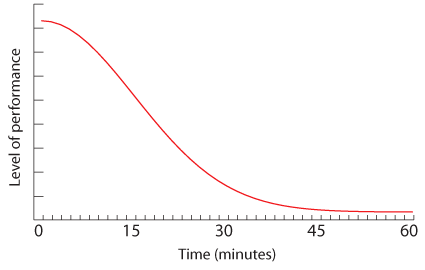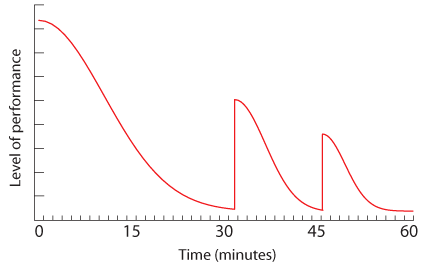UW PCE instructors have observed that engaging their students notably increases the interest level of adult learners. Adults learn more when they participate in the process of learning, whether it’s through discussion, practice, review, or application. Utilize the active learning strategies below to design engaging learning experiences.
Benefits of Active Learning
- Adult learner motivation is increased
- Students are engaged in activities rather than passively listening
- Students retain more knowledge
- Students are less distracted by other tasks when they actively participate
- Students are able to make better connections with their learning
- Students can receive immediate feedback from instructors
Why is Active Learning important?
Student attention span, and the amount of information that students successfully retain in lectures goes through a substantial decline after approximately 10 minutes, meaning it is important to re-engage students regularly. By approximately 30 minutes, student performance is at a serious low.
While there may still be a decay over the course of a full lecture, the use of classroom response or polling (or similar activities) provides a marked increase in focus and performance.
Attention and performance loss during a traditional passive lecture

Attention and performance loss, and return, during a lecture incorporating classroom response, polling, or other activities (timed at each uptic)

Active Learning Resources
UW Libraries: Active Learning Resources
UW Center for Teaching and Learning: Promoting Student Engagement
Sample Lesson Plans→
![]()
Plan and structure your individual class sessions using our first day of class lesson plan and sample lesson plan template
In-Class Activities→
![]()
Encourage student engagement by selecting in-class activities, lectures, and discussions that utilize active learning strategies
Learning Assessments→
![]()
Utilize Assessments and CAT’s to assess student understanding of course material and inform teaching
More Teaching Resources→
![]()
Continue to improve your teaching through Pedagogical Workshops, Short Courses, and Instructional Podcasts
Updated 02/17/22